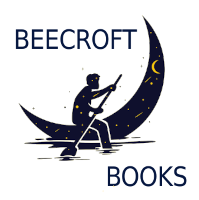Images for Inspiration
Last week, I enjoyed revisiting the image that helped start off Shining in the Sun, so this week I thought I’d share one of the images that inspired me when I was writing The Wages of Sin It’s technically not quite right for Jasper, who has black hair and red-brown, sherry-coloured eyes. But the spirit…
